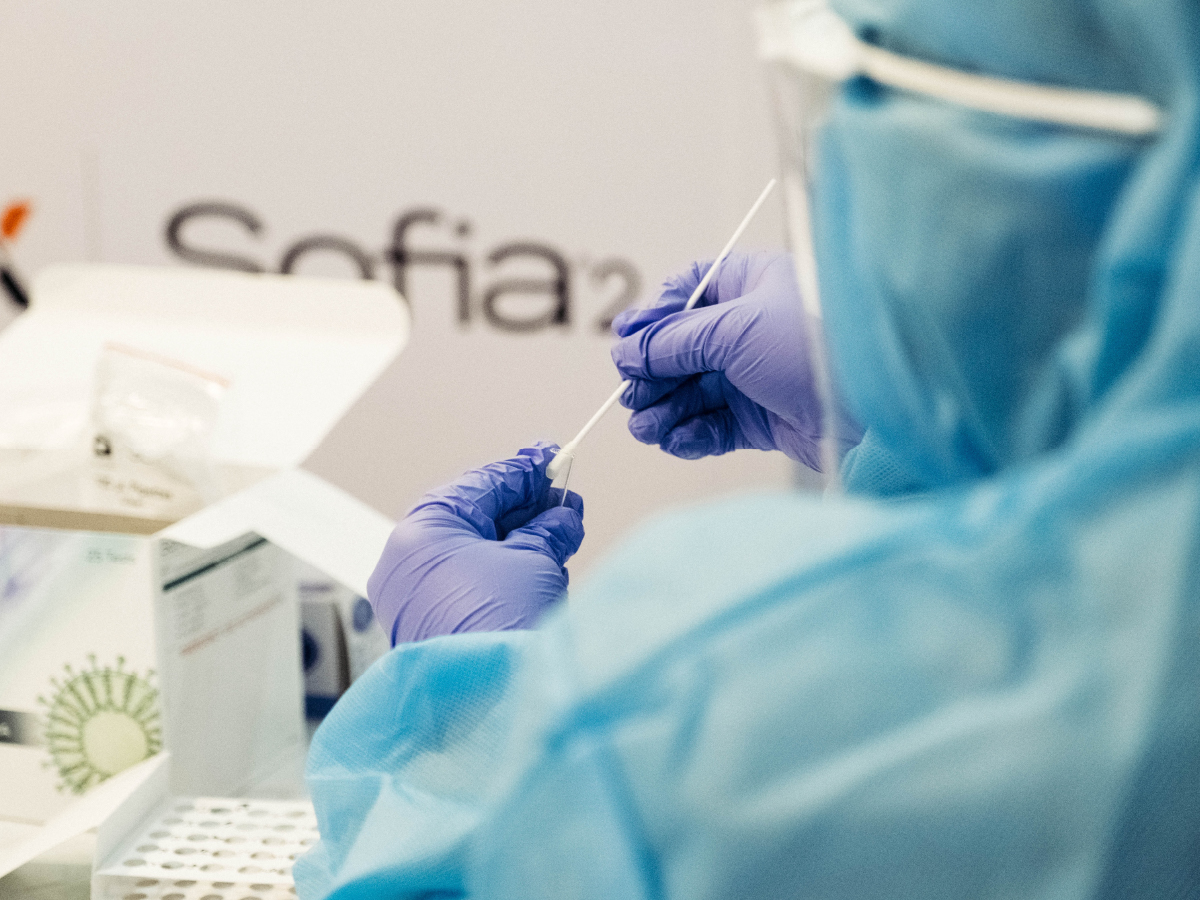In light of a viral misrepresentation of a WHO press release alleged to show that polymerase chain reaction (PCR) tests for COVID-19 caused large scale false positives, ICAP’s Wafaa El-Sadr, MD, MPH, MPA was cited as a public health expert in a recent Fact Check published by the Associated Press on Jan 29, 2021.
The WHO released an informational notice to lab technicians on Dec. 14 clarifying instructions about analyzing PCR tests for COVID-19. WHO then updated the news release and published it on Jan. 20. The January release spread online with claims it revealed a failure by the WHO. The release emphasized the importance of knowing the details about the patient, the number of cycles of testing done when analyzing the specimen provided as well as the patient’s clinical history. PCR tests work by analyzing the viral load in cycles.
Dr. Wafaa El-Sadr, a professor of epidemiology and medicine at the Columbia University Mailman School of Public Health, said the higher the viral load in a patient the easier it is for a PCR test to become positive. More cycles of the test are needed to detect infections with a lower viral load, such as at the start or end of having the virus.







